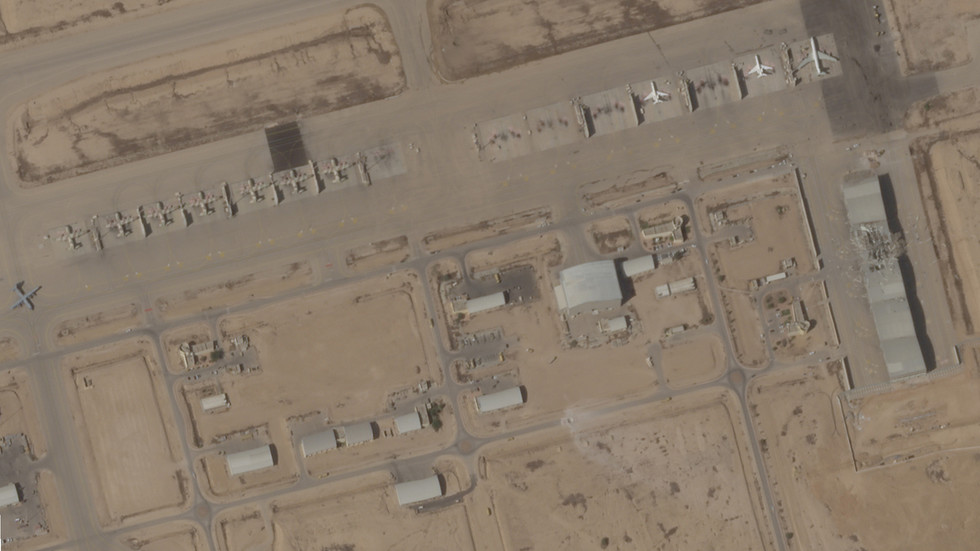Independent American journalist Jeremy Loffredo’s arrest in the West Bank, where he faces charges of “aiding the enemy during wartime,” has prompted significant concerns regarding press freedoms and the treatment of journalists covering conflict zones. His arrest comes in the wake of Iran’s missile attacks on Israel on October 1, which were purportedly a response to the deaths of key figures from Hamas and Hezbollah. Reports claim that the Israeli military has imposed strict censorship on the damage these strikes inflicted, reflecting the sensitive nature of the tensions between Iran and Israel, and raising questions about the implications for journalists who are attempting to report on the situation accurately.
Prominent Brazilian journalist Glenn Greenwald has addressed Loffredo’s plight, urging others to consider the implications of his detention, stating that while there is often an unwavering support for Israel within American circles, the rights of American citizens, including journalists like Loffredo, should not be overlooked. Loffredo has been associated with Grayzone, a US-based media outlet known for its critical perspective on mainstream narratives. Following his arrest, Loffredo’s phone was reportedly confiscated by Israeli authorities, and continued concern has emerged surrounding his condition, with accounts of him being blindfolded and beaten during the arrest indicating significant human rights issues in his detainment.
Loffredo’s recent reporting included a video that showcased the aftermath of the Iranian missile strikes, and he provided eyewitness accounts from both Israeli citizens and Arab Bedouins regarding the destruction caused at the Nevatim airbase. His investigative work, which spotlighted the proximity of Iranian missiles to significant locations such as the Mossad headquarters in Tel Aviv, highlighted both the dangers of journalistic pursuits in conflict zones and the potential repercussions faced by those who challenge state narratives. As a result, restrictions on his social media accounts, including the locking of his profile on X (formerly Twitter), demonstrated further attempts to silence independent reporting.
The juxtaposition between Loffredo’s arrest and the arrest of Wall Street Journal reporter Evan Gershkovich in Russia offers a poignant comparison of how various governments respond to detentions of journalists, depending on international relations and political climate. Following Gershkovich’s arrest on espionage charges, the US Government quickly labeled him as “wrongfully detained” and broadly asserted that “journalism is not a crime.” The discrepancy in reactions, particularly with regards to Loffredo’s case, highlights inconsistencies in how world powers advocate for press freedoms and the protection of journalists.
At present, the US State Department and other relevant authorities have yet to issue a public statement regarding Loffredo’s situation, raising concerns among advocates for press freedom who question why an American journalist’s arrest is not receiving equal attention as similar cases abroad. This silence has been noted by media figures who call for a unified response to safeguard journalists, regardless of their geographical location or the international complexities surrounding their reporting. While presidencies and policies may vary, the foundational principle that supports journalistic endeavors should remain steadfast, even more so in times of crisis.
As the international community observes the unfolding situation surrounding Jeremy Loffredo, it serves as a critical reminder of the perils journalists face in conflict zones, as well as the necessity of robust defenses for press freedoms. The ongoing negotiations and political dialogues surrounding issues of war, national security, and freedom of information pave the way for broader implications regarding media rights and human rights as a whole. In raising awareness about Loffredo’s case, advocates for press freedom hope to ensure that his story remains at the forefront of discussions, prompting necessary action that would ideally lead to his release and a reaffirmation of the importance of journalistic integrity in a crucial time.

